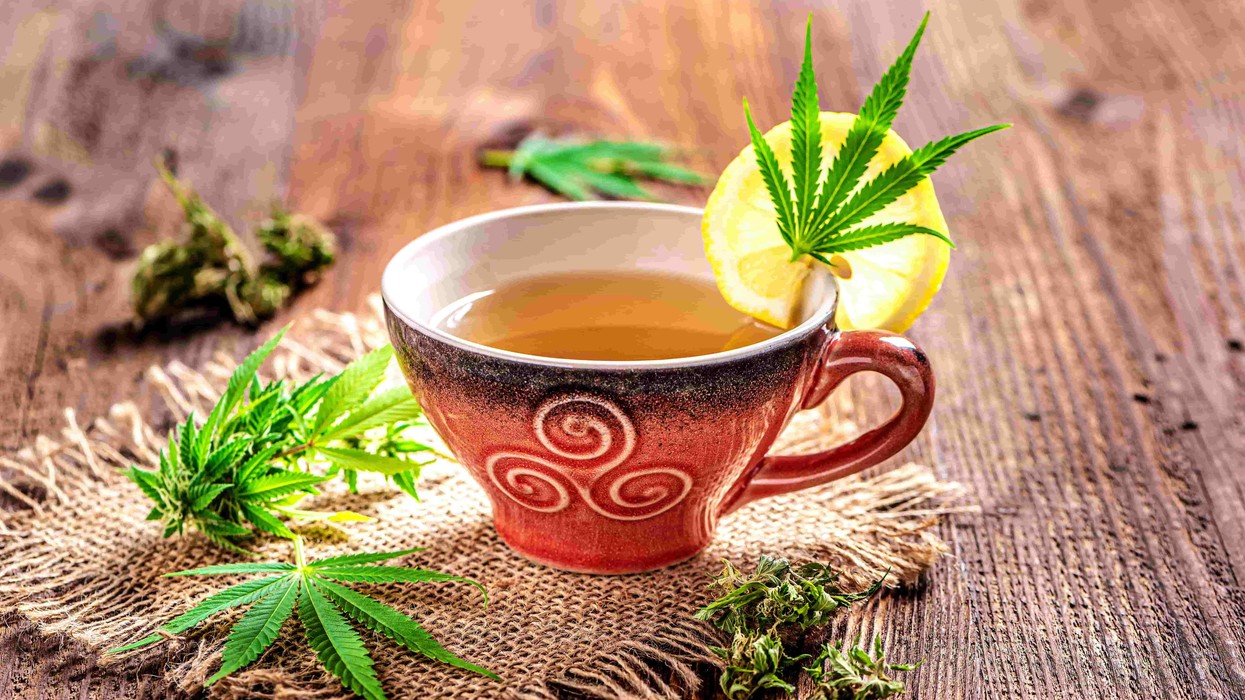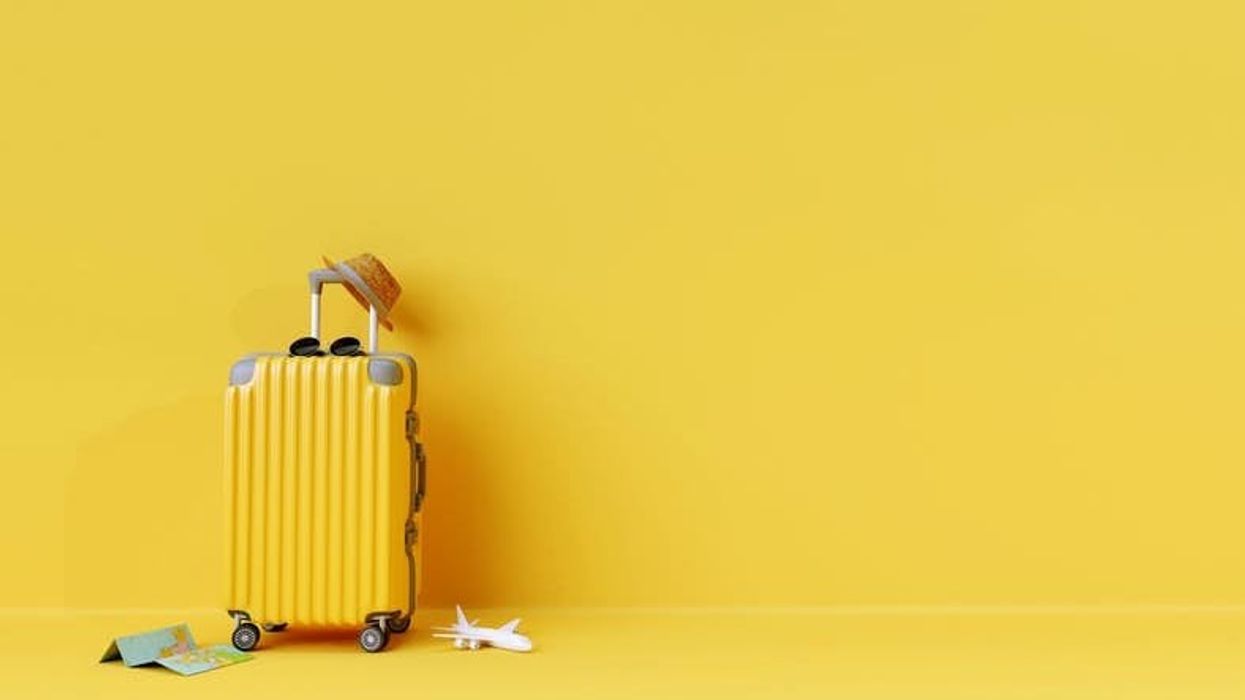By Shawn Gold, Founder PilgrimSoul.com
The ability to freestyle is a highly coveted skill within the hip-hop community. If unfamiliar, freestyling is an improvisational performance in which rappers recite lyrics with no prior preparation or memorization.
If you see a rap battle, they're freestylin'.
So, it comes as no surprise that neuroscientists would turn to freestyle rapping to better understand the creative process. I mean, what scientists wouldn't be curious about a rapper's ability to rhyme to phat beats skillfully?
From lyric writing to beat making to performance skills, great rappers constantly push creativity to the limits.
However, as multi-talented as they may be, neuroscientists Siyuan Liu and Allen Braun were most fascinated with developing more significant insights into the improvisational nature of their creative process and what happens when they reach a creative flow state.
- Flow State is defined as a subject's complete immersion in creative activity, typified by focused self-motivation, positive emotional valence, and loss of self-consciousness. Flow state is more colloquially known as being 'in the zone' and is often marked by an energized focus and high productivity levels. Researchers have also found that flow states are not exclusive to artists but can be engaged by anyone with a creative mindset.
How the Study Was Conducted
To help them examine the flow state of rappers, Liu and Braun brought 12 rappers into a functional magnetic resonance imaging (fMRI) machine to conduct the study.
They then asked the artists to perform a set of memorized lyrics to set a baseline or control. Then the artists were asked to perform a set of freestyle Rap, where they would compose lyrics on the spot.
Liu and Braun were then able to compare the various brain scans to determine which brain areas were lighting up during the creative improvisation. (If you would like to read more about the experiment, the entire study is published in Scientific Reports.)
The findings of Liu and Braun seem to parallel the results of a similar study conducted by researchers at Johns Hopkins University, which examined the improvisational skills of jazz musicians. In this study, researchers asked each musician to play a rehearsed set and an improvised set. The brain activity during both sets was then analyzed to determine any specific findings.
Liu and Braun, and their team of researchers, compared the results of the jazz study to the results of the rapper study to determine that two main things happen when these artists use their creativity to improvise.
First, they light up the frontal lobe, thus increasing activity in the area of the brain that is commonly associated with idea generation. Secondly, they seem to deactivate a portion of the brain known as the dorsolateral cortex, which allows for the relaxation of executive functions.
In other words, for these rappers to enter their creative flow and freestyle rap, idea generation is not enough; they also needed to shut off their critical self-judgment. This finding helps explain why musicians often describe creating their music as occurring outside of their conscious awareness.
The Creative Process, Your Brain, and Cannabis
The study also led Liu and Braun to believe that the creative process may come in two distinct phases. The first phase, they theorize, is similar to improvisation in that it is a spontaneous creative spark known as divergent thinking.
The next phase is refining that creative spark, where the creative process allows for more thorough revision known as convergent thinking. This helps them to reinforce the finding that the creative process draws not only upon divergent thinking but also upon convergent thinking.
Liu and Braun's discovery that creative improvisation resulted from activity in parts of the frontal lobes also correlates with the effect that cannabis has on the brain, and subsequently, on creativity.
Cannabis is also known to stimulate the frontal lobe and help to encourage idea generation, which could help people achieve the kind of mindset that musicians used to improvise.
Among the creative class, cannabis has regularly been praised for its ability to help creative thinkers enter their flow state. Cannabis intake increases cerebral blood flow (CBF) in the frontal lobe, making it more active and stimulating creative output.
Cannabis also activates the area near the brain’s nucleus accumbens, which correlates to increased creativity. The prefrontal cortex regulates the activity of the nucleus accumbens and the release of dopamine.
Cannabis as a Creative Shortcut?
Generally, a positive mood enhances creative problem solving and thinking. So many artists use cannabis as a hack or shortcut to achieve a creative flow state.
Some of the most popular and culturally relevant rappers tend to have public images that often deeply involve cannabis. Lil Wayne, Snoop Dog, and J Cole are all rappers who attest to the creative components that cannabis has to offer. The relationship between rappers and cannabis is understandable given the high levels of improvisation they must display.
Allen Braun said, "We think what we see is a relaxation of 'executive functions' to allow more natural de-focused attention and uncensored processes to occur that might be the hallmark of creativity."
Again, his creativity description sounds exceptionally similar to how cannabis helps people enter their creative flow state. These findings in brain activity confirm the many wonders still to learn about the nature of the creative mind.
Another professor making news about the correlation between cannabis and creativity is Dr. Alice Flaherty, a professor in neurology at Harvard Medical School, who specializes in the brain's relationship with creativity.
Her research also showed that cannabis can induce more creative thinking because of its effect on the brain's frontal lobe. Because cannabis affects the frontal lobes, which serve as the control center for divergent thinking, researchers were able to identify how cannabis can help creative thinkers.
The studies on these musicians have helped reveal how creativity is brought out and manifested into our world. While cannabis has many unique benefits, its effects on creativity may be one of its most influential, especially when it comes to culture.
If you think about it, without cannabis, half the songs on Spotify or Apple music would be gone. Many of your favorite Hip-Hop, Jazz, Rock, EDM, Punk and even country songs were created in partnership with cannabis.
Are you still missing out on The Bluntness newsletter? Sign Up today to stay in the loop.
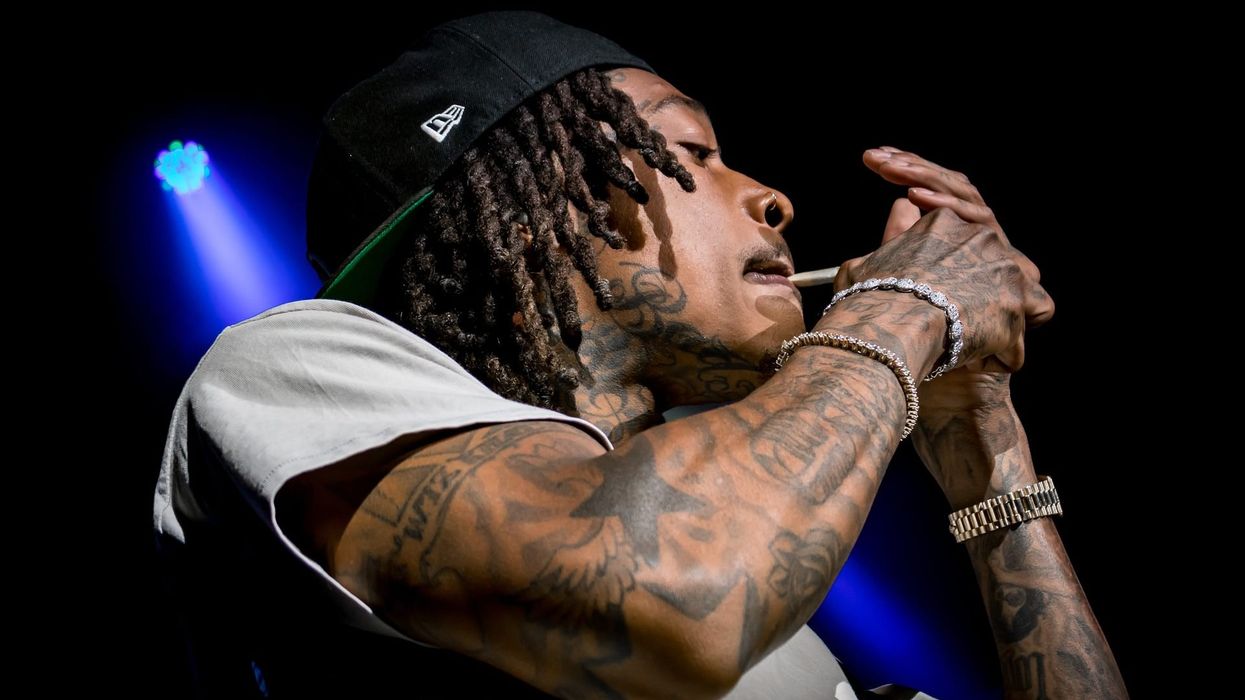

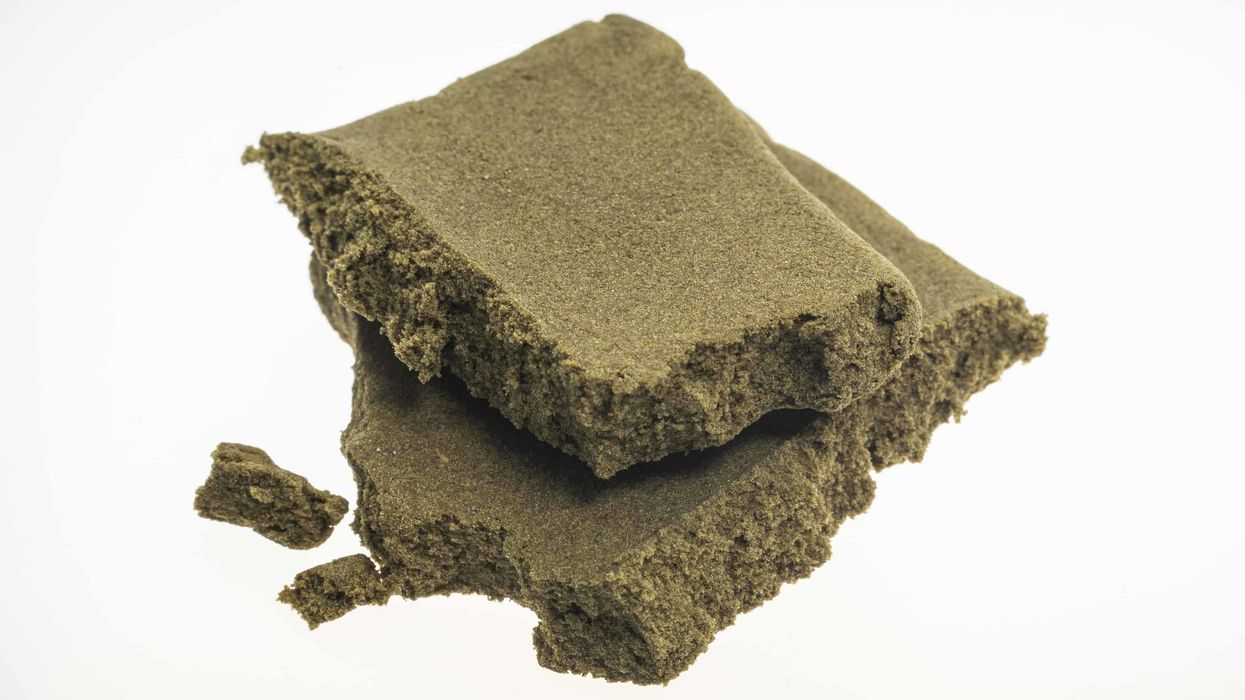

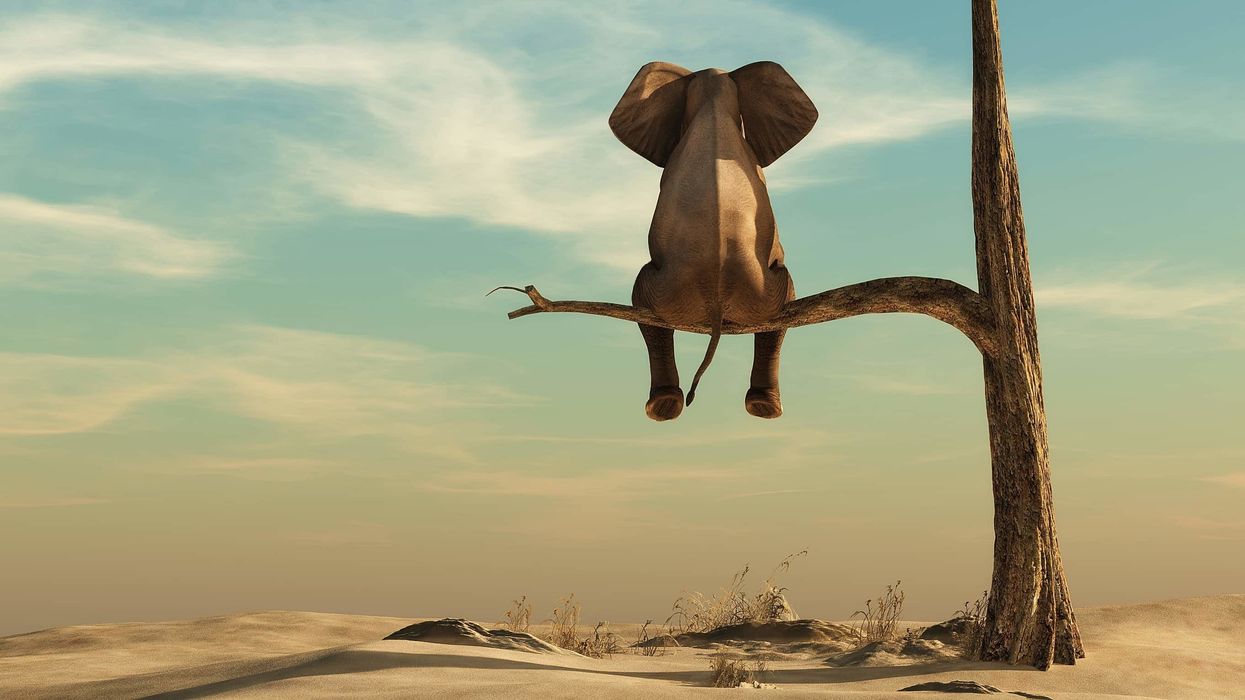
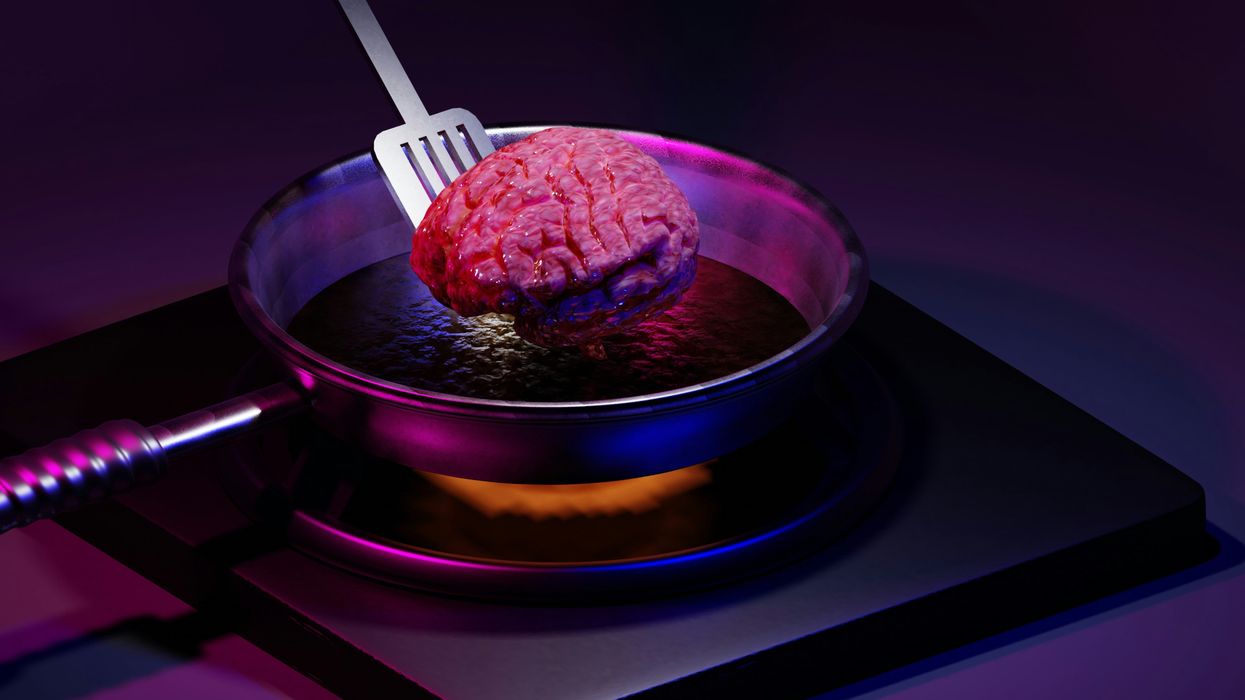

 What will you do with that cannabis kief collection? - Make Coffee! The Bluntness
What will you do with that cannabis kief collection? - Make Coffee! The Bluntness DIY: How to Make Kief Coffee - The Bluntness
Photo by
DIY: How to Make Kief Coffee - The Bluntness
Photo by 
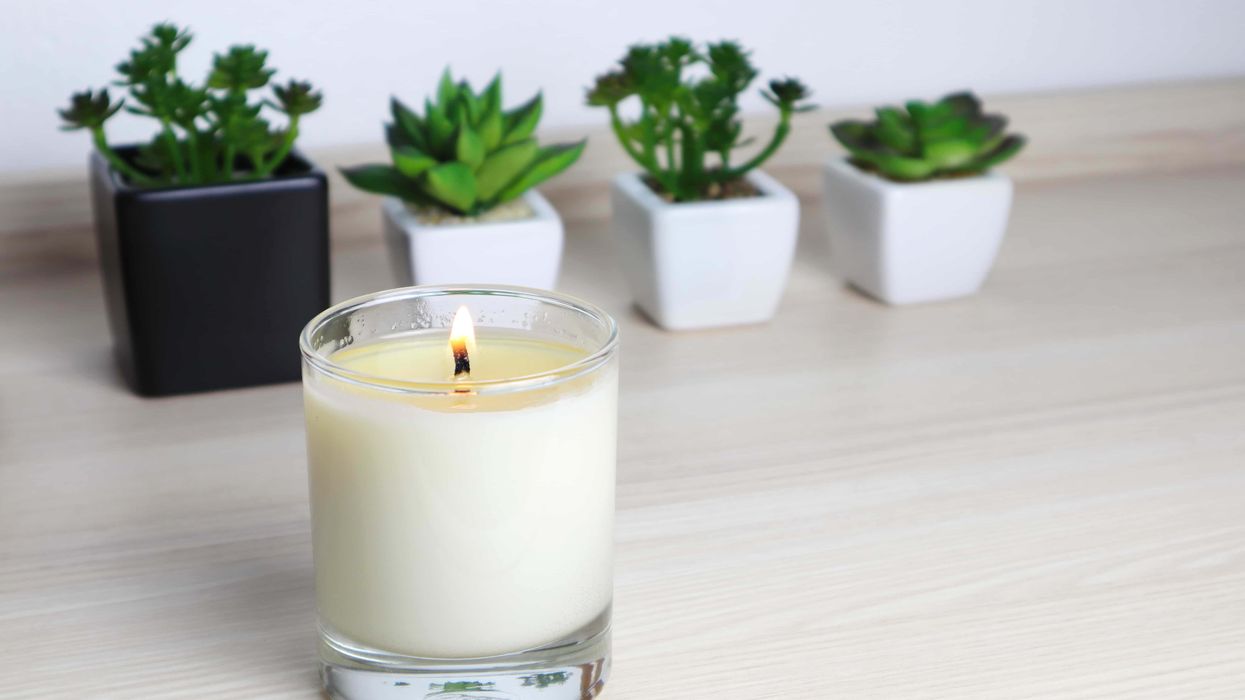

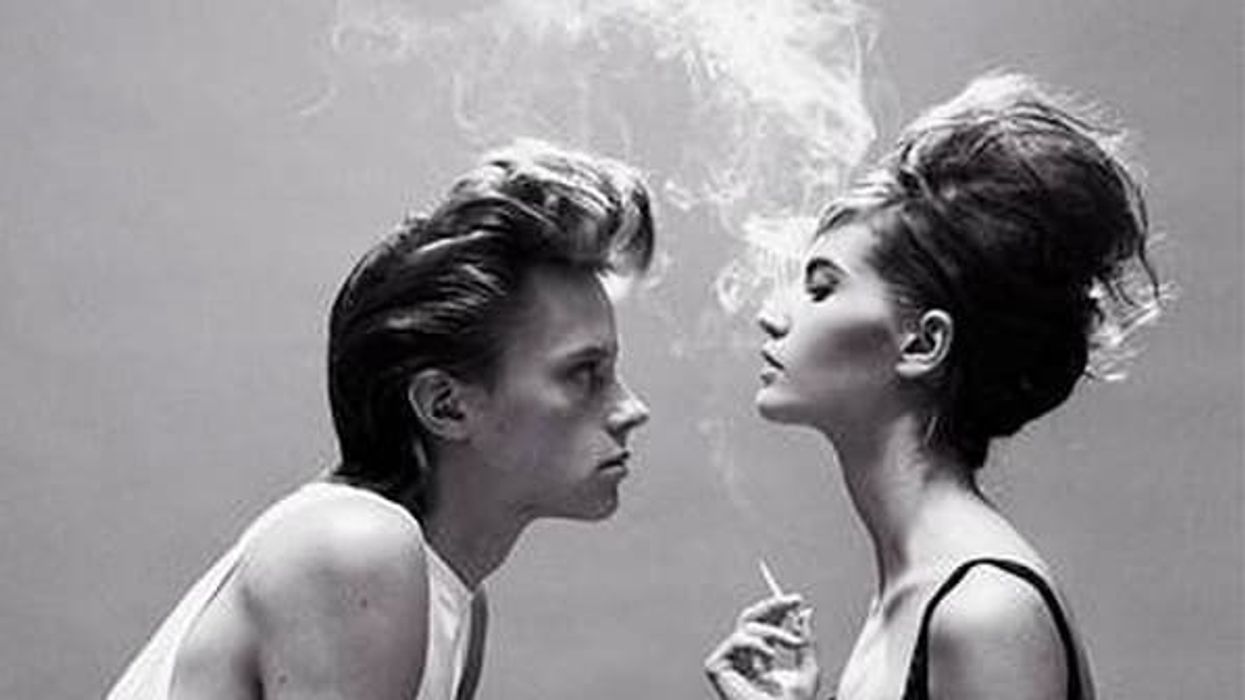

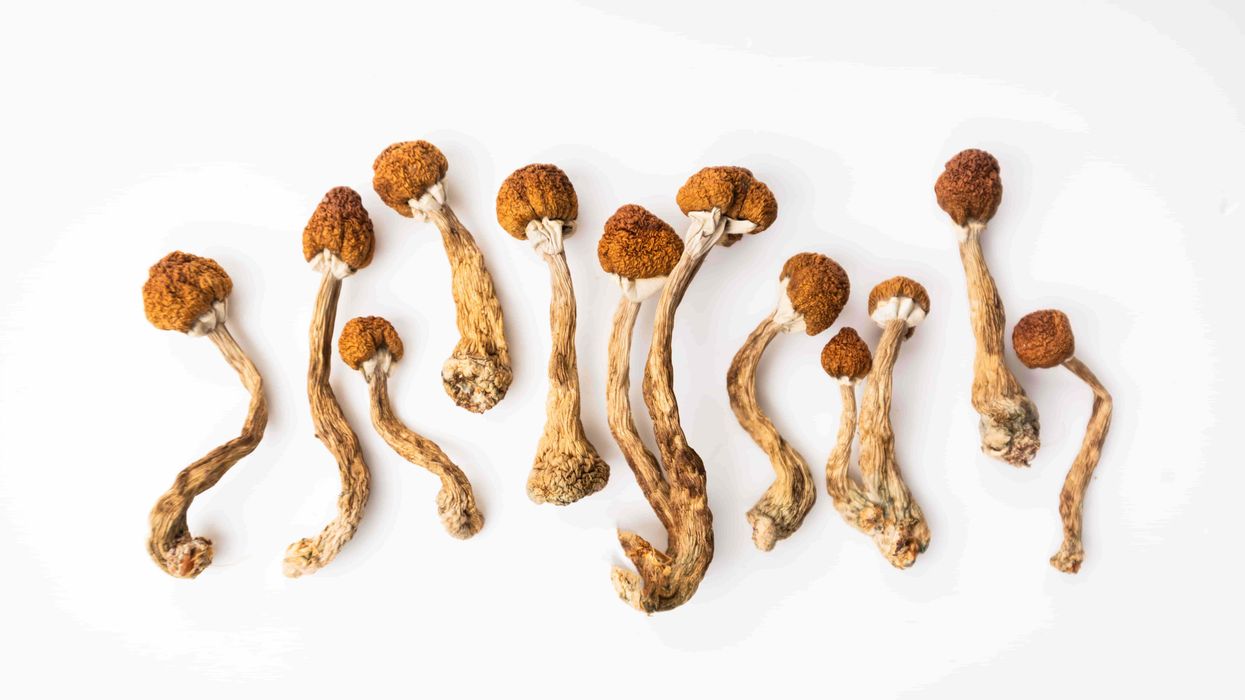
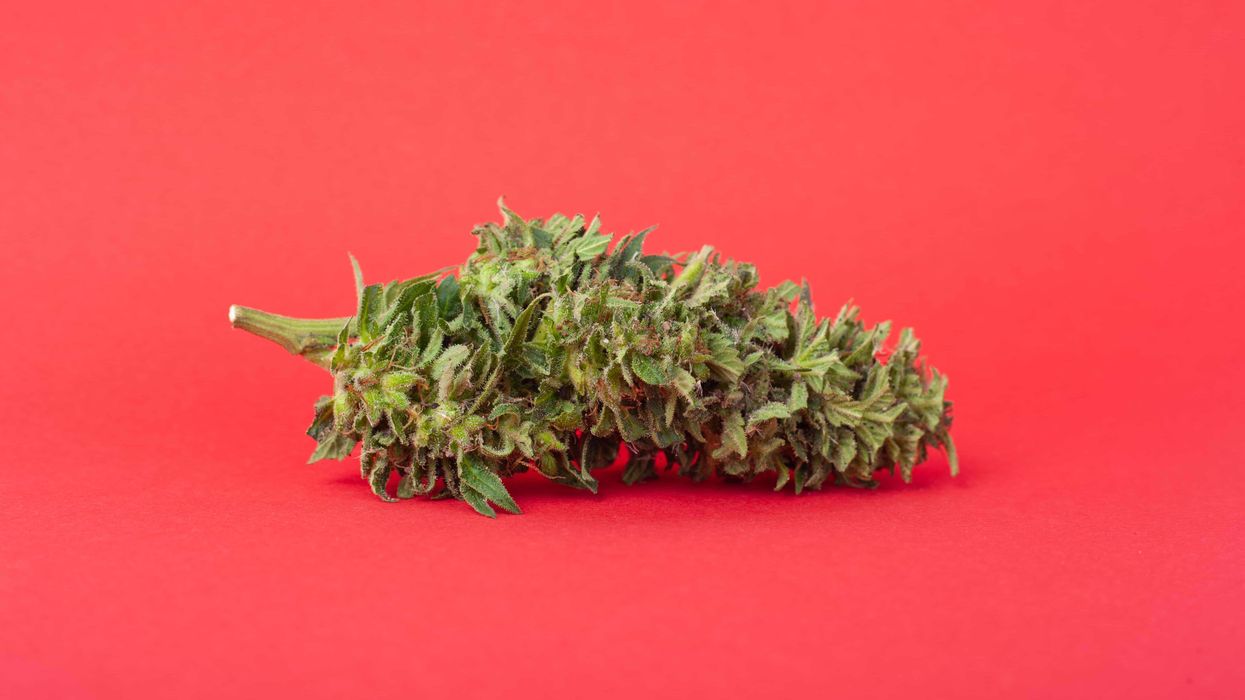
 Free Cannabis for Veterans and Those with Disabilities - The Bluntness
Photo by
Free Cannabis for Veterans and Those with Disabilities - The Bluntness
Photo by 